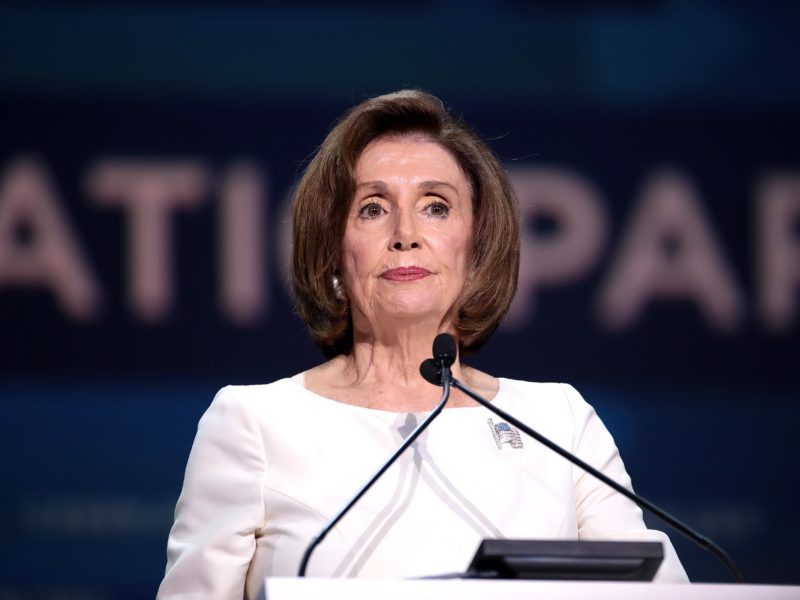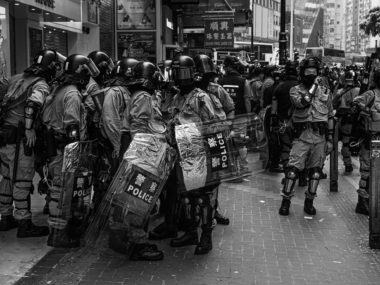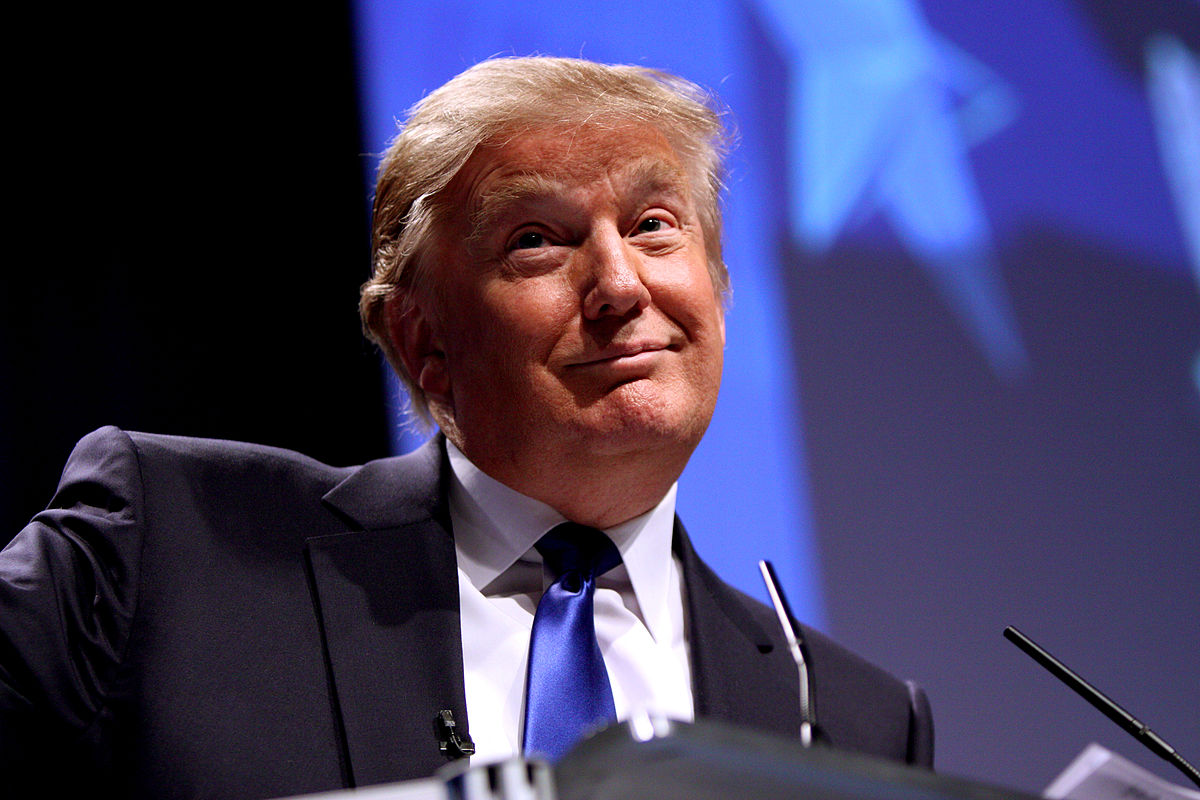Guest post by James Lee and Jackie Wong
The controversy surrounding Nancy Pelosi’s (D-CA) potential visit to Taiwan centers on what it implies about United States’ relations with Taiwan. When the United States normalized relations with the People’s Republic of China (PRC) in 1979, it said it would continue relations with Taiwan on an unofficial basis. The Normalization Communique said that “the people of the United States will maintain cultural, commercial, and other unofficial relations with the people of Taiwan.” Beijing has interpreted this statement as a commitment, and it has warned Washington that closer government-to-government interactions with Taipei would violate that commitment and have dire, though unspecified, consequences.
But there’s no formula for determining what “unofficial” means. The canonical statements of the United States’ One-China policy—the Shanghai Communiqué, the Normalization Communiqué, the Arms Sales Communiqué, the Taiwan Relations Act, and the Six Assurances—are written at a high level of abstraction. There is no communiqué in which the United States said that the Speaker of the House would never visit Taiwan; those kinds of details are left to diplomatic protocols (such as the “contact guidelines”) that the United States has defined on its own. It is an act of interpretation—an art rather than a science—and the question now is whether a visit by Nancy Pelosi to Taiwan would be outside the bounds of a reasonable interpretation of “unofficial” relations.
Will a visit to Taiwan by Nancy Pelosi lead to something far more serious, such as China intercepting Pelosi’s plane or blockading the Taiwan Strait?
It’s important to see this controversy in context. The Taiwan Travel Act, which became public law in March 2018, said that “it should be the policy of the United States to… allow officials at all levels of the United States government, including Cabinet-level national security officials, general officers, and other executive branch officials, to travel to Taiwan to meet their Taiwanese counterparts.” Since then, a steady number of members of Congress have visited Taiwan, including Senator Tammy Duckworth (D-IL) just three months ago. During the Trump administration, Keith Krach (then the Under Secretary of State for Economic Growth, Energy, and the Environment) and Alex Azar (then the Secretary of Health and Human Services) both visited Taiwan. China always protests using harsh language—Beijing has warned Washington about “playing with fire” before, including in a virtual summit between Xi and Biden in November 2021—and sometimes stages military exercises to show its displeasure. But China has yet to resort to outright violence.
Responding to the potential visit of Pelosi, China delivered hawkish verbal signals that seem to suggest that it is prepared for military escalation. China’s Ministry of Foreign Affairs warned that China has been in “full battle array (严阵以待)” for Pelosi’s visit. Meanwhile, the spokesperson for the People’s Liberation Army (PLA) stated that PLA will “will never sit idly by (坐视不管).” The most aggressive signal came from China’s supreme leader Xi Jinping, who, on a recent call with Biden on July 27, warned that those who “play with fire will perish (玩火必自焚).” Hu Xijin, the former editor of the nationalist tabloid Global Times, also tweeted “The unbearable consequences will fall on Tsai authorities.” As expected, on July 29, China conducted an extensive live-fire military exercise off its coast opposite Taiwan.
Despite their potency, these warnings look far less aggressive when compared to statements China has used in the past prior to full-blown escalations. According to a 2021 RAND report on China’s deterrence, the phrase “playing with fire” is considered to be the least serious signal—in terms of demonstrating a willingness to escalate—compared to more hawkish phrases, such as being “driven beyond forbearance” and “if we are attacked, we will certainly counterattack.” In the 1962 Sino-Indian War, 1969 Sino-Soviet Border Conflict, and 1979 Sino-Vietnamese War, for example, China used more explicit phrases, such as “don’t say I have not warned you (勿谓言之不预),” to signal its ultimatums. So far, China’s official rhetoric has been far below the threshold of China’s previous verbal signals that imply escalation or outright war.
Moreover, compared to previous escalations on a larger scale, China has not fully mobilized its propaganda apparatus. China typically mobilizes official media such as the PLA Daily and the People’s Daily to signal its willingness to use force, as it did in the 1995–1996 Taiwan Strait Crisis. For example, on March 9, 1996, the People’s Daily and the PLA Daily, co-issued an editorial stating that “we will do everything we can to defend national unification. Our word is our bond (我们将尽一切努力来捍卫国家的统一。我们是说话算数的).” But both the People’s Daily and the PLA Daily have been reticent this time around. No headline articles and editorials directly related to the visit have been published in these two authoritative Chinese media outlets. On the contrary, on July 30, 2022, the People’s Daily issued an editorial suggesting that both states should “effectively manage differences (有效管控分歧).” Their silence suggests that China is still demonstrating strategic restraint in this drama.
There is no sign that marks the boundary between official and unofficial relations between the United States and Taiwan. China routinely warns the United States and Taiwan about crossing “red lines” and “playing with fire,” which makes it difficult to determine when there is an actual risk of a major escalation. Rhetoric is only part of the story, but it is an important part of the story, and one that has exhibited consistency in the history of the PRC’s foreign relations. Although the rhetoric that Beijing has used is alarming at face value, it is not so far out of the ordinary as to prove that a Fourth Taiwan Strait Crisis is imminent.
James Lee is an Assistant Research Fellow (equivalent to Assistant Professor) at the Institute of European and American Studies at Academia Sinica in Taiwan. He is also an affiliated researcher at IGCC working on the project on great power competition. Jackie Wong is a Ph.D. Candidate in the Department of Political Science and International Relations at the University of Southern California. He is also an alumnus of the IGCC Great Power Dynamics Training Program.





